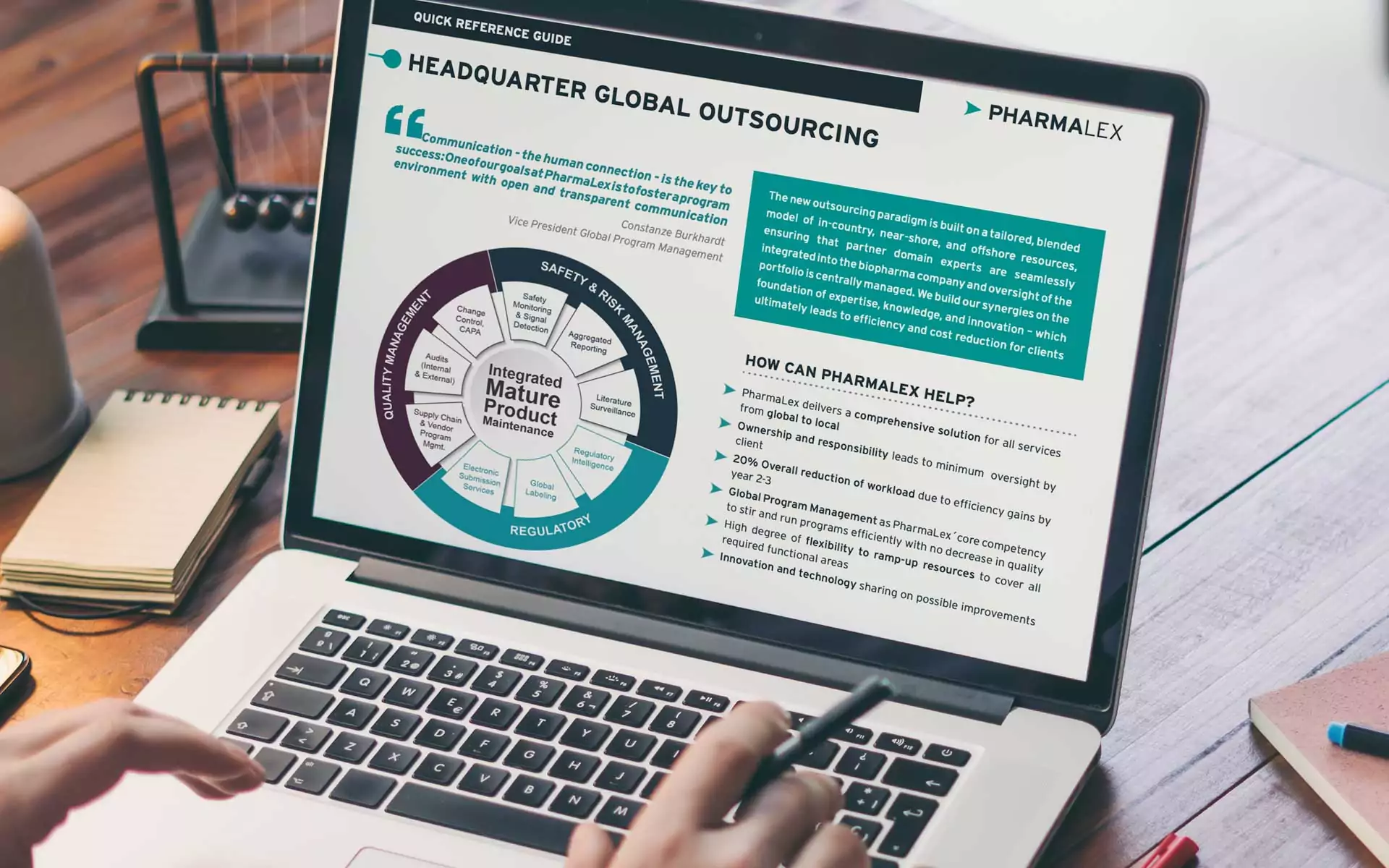Quality Operations Efficiency
The traditional separation of responsibilities in the Quality function of an organisation has evolved over the past 20 years. There are many reasons why organisations have diverged away from the standard Quality Assurance and Quality Control model, where the former (QA) provided support through systems oversight, batch documentation review, validation, outsourced activities, internal auditing and elements of regulatory support; the latter (QC) concentrated on analytical methods, laboratory testing, specifications and batch certification and release. Some of the reasons for the departure from the traditional QA/QC model are (a) the complexity of different entities and third parties providing support for these Quality activities, (b) the diversity of products manufactured by organisations (c) the significant transfer of operational activities (e.g. analytical testing) into operations functions and (d) embedding a quality culture by co-locating the quality and operations representatives and providing support and empowerment to operations personnel to take responsibility for quality issues.
In PharmaLex, we have observed the increase of many different new names for Quality departments in Quality functions across many organisations. Dedicated Quality Systems Groups, External Manufacturing Quality, Auditing teams and Supplier Quality are but a few of the newer departmental names now used in the Quality Function.
You may say that this change in nomenclature is just ‘slicing up the pie’ in a different way and this is true to some extent. However, with changing departmental responsibilities and changing resources comes a different emphasis and focus. This is most evident with typically the largest group in modern Quality Organisations: Quality Operations, also sometimes called QA Operations.
Quality Operations typically deal with the high throughput aspects of the Quality Management System where slow turnaround means delay, deferral and sometimes disposal of medicinal products. In addition to driving a culture of quality on the operational floor, Quality Operations personnel have responsibilities in supporting, reviewing and approving
- Change Control Cases
- Non-Conformances and Deviations
- Customer and Supplier Complaints
- Batch Manufacturing Records
- Equipment Cycles
- Line Clearance
- Operational Investigations (Reprocessing, Returns, Rejects and Recalls)
It is estimated that the resourcing in Quality Operations can be up to 70-80% of an entire Quality Function. The systems and processes that are in place for the above list largely determine the efficiency, and therefore direct cost, of Quality to an organisation.
In order to optimise the optimise efficiency of the QMS processes and lower the cost of quality, a detailed knowledge is required of: the current executed process, the clear vision of what the optimised processes would look like, the Quality guidelines in relation to that process and the Quality Culture of that organisation. This knowledge, or perspective, is not always immediately available to the Quality personnel who are executing the existing processes on a daily basis, in fact, employees can become blinded to potential improvements or sometimes even protective of the status quo.
Operational Efficiency (OE) Programmes are run and will continue to run, in Quality functions across the pharmaceutical and biopharmaceutical industry. These programmes are initiated internally and externally with no shortage of OE experts and LEAN-6s blackbelts to remove unnecessary waste and increase efficiencies. Processes are scrutinised using supporting data and redesigned to give faster and more consistent throughput times. What can be overlooked is that ‘Quality Process Efficiency’ and ‘Quality Process Compliance’ are not always mutually exclusive and that building highly-efficient processes can challenge not just the compliance of a Quality Process or Organisation, but also the Quality Culture of that organisation. This can present problems in implementing efficiencies in Quality Operations, problems that companies like PharmaLex are uniquely positioned to assist with. PharmaLex designs, develops and implements Quality Management Systems. We listen to clients’ requirements and understand the needs of all internal and external stakeholders. We are uniquely placed to understand: the Quality Culture of an organisation, comparisons with industry Quality Compliance norms and how much flexibility exists in the Regulatory guidelines. We focus on Knowledge and Quality Risk Management as tools to demonstrate our commitment to Quality Efficiency and Quality Compliance. PharmaLex’s Quality Operations Efficiency Reviews and Recommendations have sustainable efficiency and compliance at the heart of the changes recommended.
If you would like further information or wish to discuss how PharmaLex can support you with improvements in Quality Operations efficiency that will translate into patient focussed product quality assurance, please connect with us at +353 1 8466 4742 or contactirl@pharmalex.com.
[The above article are the views of the author Dr. John Cahill, Senior Consultant at PharmaLex Ireland]








